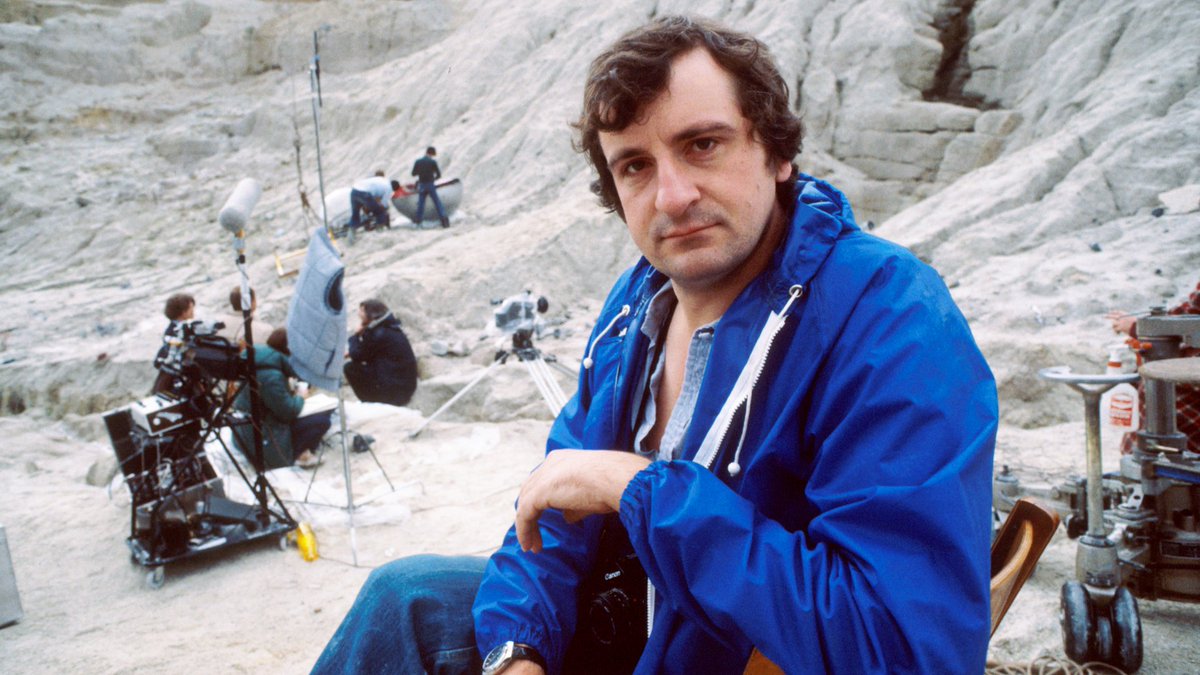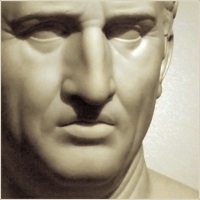A late morning post today, after a pre-dawn trip "carrying" (as my Tennessee in-laws say, in a locution that still conjures for me an amusing image) Grammy to her plane back to the midwest. Glad I'm not flying today, with the end-of-holiday throng. My turn's coming though, next week in California.
In class tomorrow we look at the late Roman period and its odd beliefs. A student takes issue with Arthur Herman's observation that “by the measure of the age, Emperor Constantine was not a superstitious man.”
Constantine and his troops believed the prognostication of a “pagan oracle” that “an enemy of Rome would be killed,” worshipped Sol Invictus (the Sun God), and interpreted dreams as omens. "It’s almost like a scene from a Mel Brooks film." Or Monty Python.
Fair enough. But consider:
Their world was full of unexplained phenomena, darkness and fear. To Romans these superstitions were a perfectly natural part in the relationship between gods and men. The Roman habit of interpreting natural phenomena as signs from the beyond stemmed from the Etruscans... [They thought] the signs they read were sent to them by a mythical boy called Tages, who in their mythology was to have been ploughed up from the earth. They would seek to read the future by examining the entrails of sacrificial animals, the liver being of special importance for that purpose...
Stones, trees, springs, caves, lakes, swamps, mountains - even animals and furniture - were all deemed to be hosts to spirits (numina). Stones in particular were often seen to contain spirits, especially if they were boundary stones, dividing one man's property from the other. It is very telling that the Latin word for such a boundary is terminus and that there actually was a Roman god called Terminus. This odd deity took the form of a huge piece of rock which rested in the temple of Jupiter on the Capitoline Hill. Apparently several attempts to move the bolder when constructing the temple had failed. And so it remained within the temple, because it had 'refused to move, even for Jupiter'...
Children were told stories of nasty creatures who'd come to eat them if they weren't good. From the Greeks they had Mormo, a terrifying woman with donkey legs. And the Roman Lamia who stalked around looking for children to eat...That's just the tip of the Romans' iceberg of magical thinking.
But we shouldn't feel too superior. Many of us still tell children tales of hell and monstrosity, seek The Secret, and tremble to imagine the other side of mortal life. Most of us don't buy the Epicurean comfort that death is literally nothing to us.
On the other hand, Pew research polls show that religion is in sharp decline in the U.S. Our auguries now point to a more secular future, if we can avoid frightening ourselves to death before it arrives.






